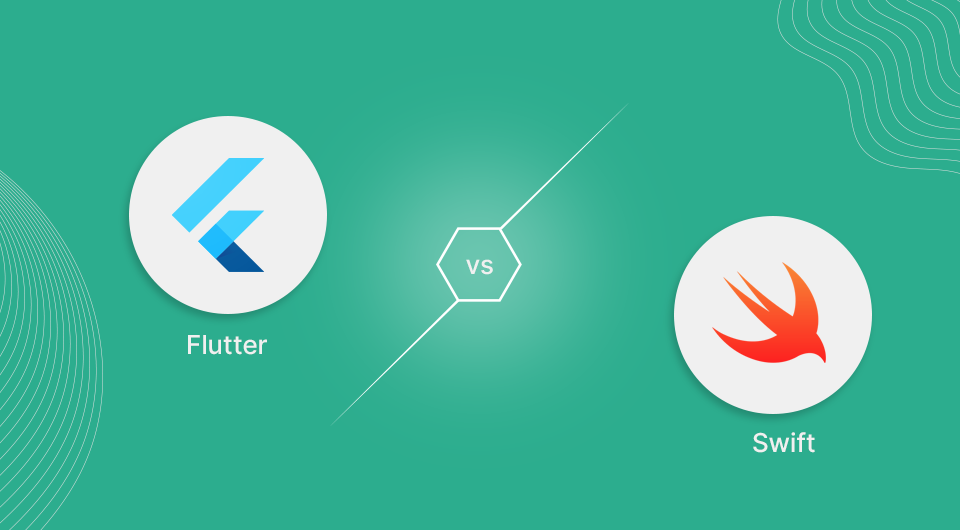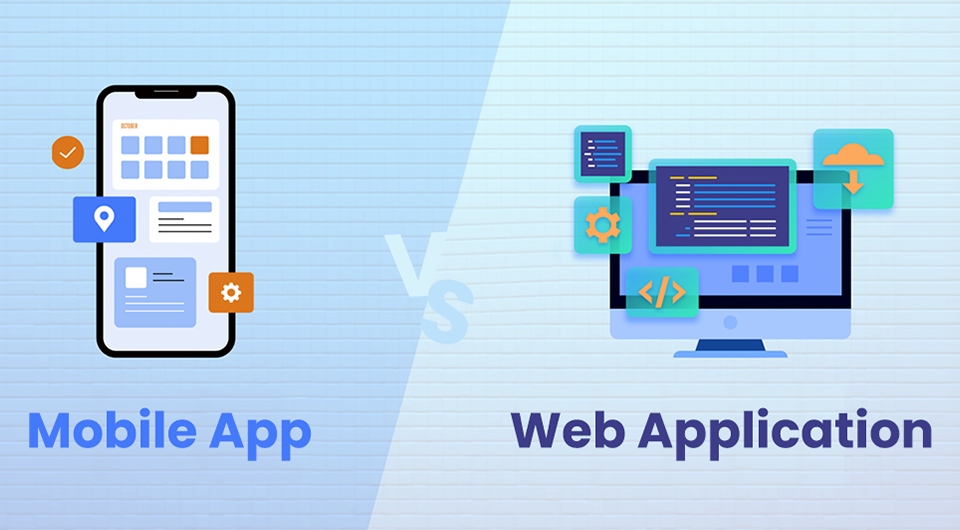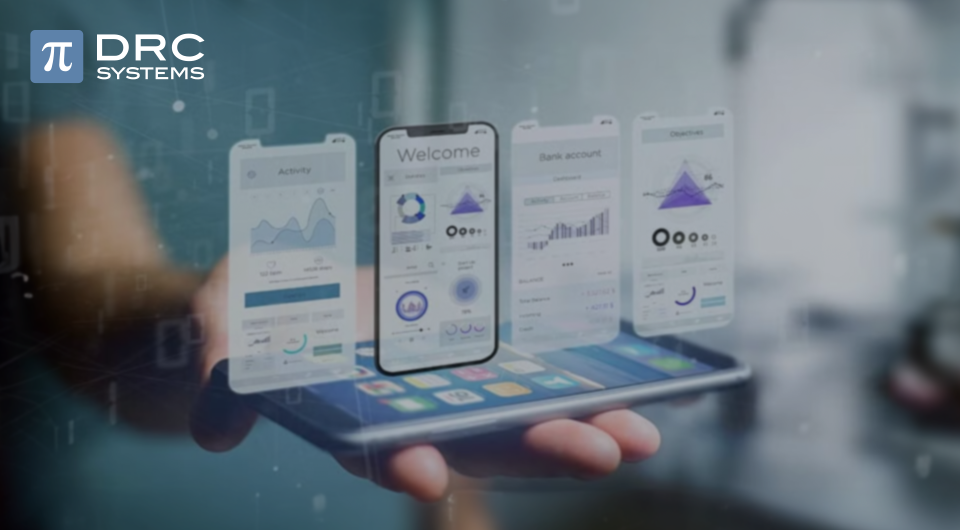Related Articles
Mobile App or Web Application: Which is Right for Your Business
Before investing in building an application for your business finding out which is right for your business is crucial. Our blog will help you in choosing between a mobile app and a web app according to your business requirements.
Read The PostSmarter Mobile Apps: How AI is Revolutionizing App Features and Performance
Artificial Intelligence—one of the most powerful technological revelations in recent years—has completely altered the way the world functions. From content,…
Read The PostThe Importance of User Experience in Mobile App Development
In this blog, we’ll discuss the significance of UX in the process of designing a mobile app development. Check out the whole article for surprising insights about UX Design.
Read The Post


